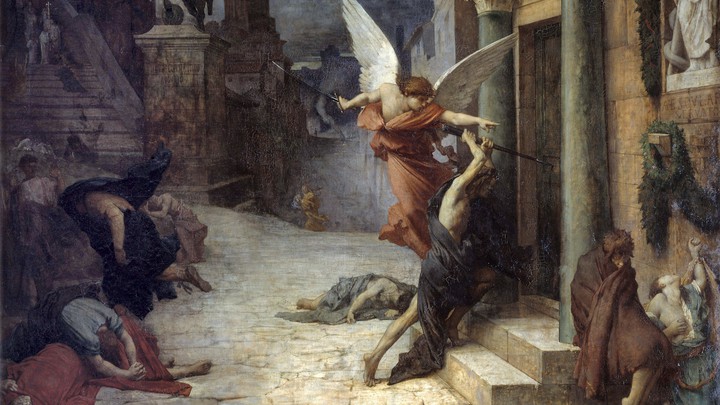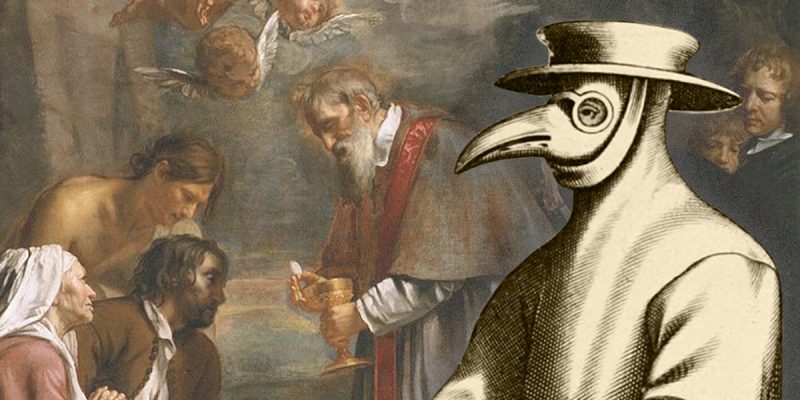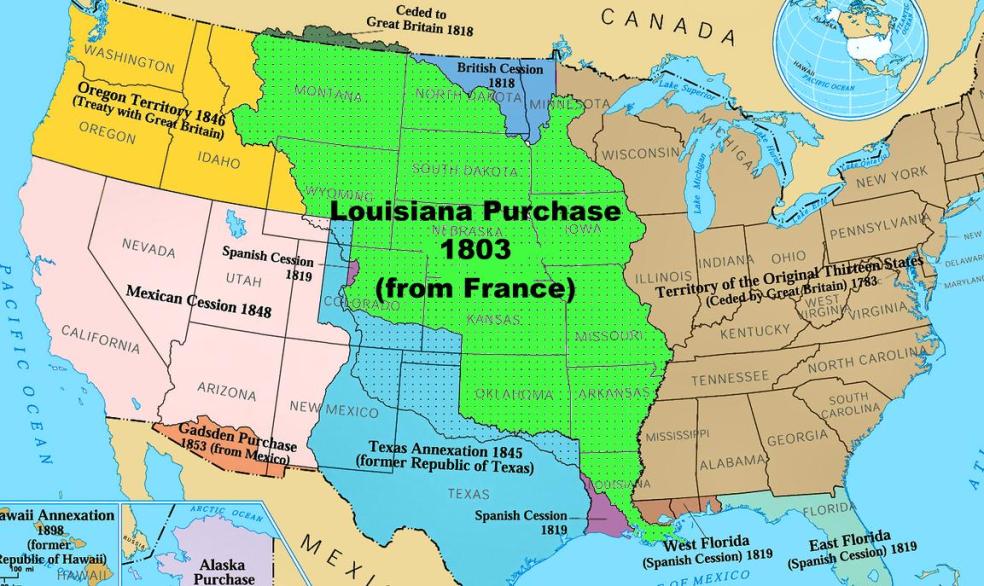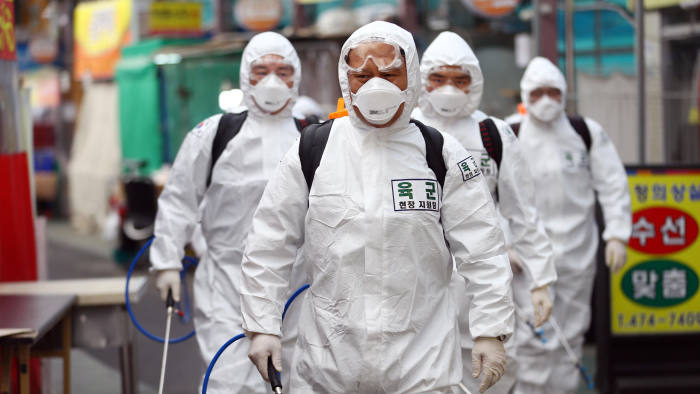Every plague has killed many people which can be easily agreed by looking at the present fatality rate of COVID-19 coronavirus. Due to globalization, densely populated cities, and people traveling frequently, the spread of this virus has been very contagious as more than one million people have been infected in just two months; killing more than 60000 people. For anybody, this could easily pass as a plot for some apocalyptic end-of-the-world kind of movie but today it has become a living reality of the ill-fated early 2020s. The year will surely be remembered as the year of “COVID-19”- the virus of the century. We have no idea about the extent of this virus, the number of lives it will take and the ways it might change the course of history. One of the ways to have perspective on the COVID19 pandemic is to dig deeper into history.

Long before the COVID-19, the Antonine Plague that occurred between 160 AD – 190 AD in the then Roman empire is believed to be one of the first known pandemics to humans. While the disease spread from ancient Greece to all over the world killing about 5 million people, this wiped 1/3rd of the entire Roman population. The plague didn’t just kill a huge population of the time, but also led to a massive fallback of the Roman power hold during the time. As people succumbed to the plague, the Roman powerhouse started to fall short of enough human resources to campaign for their ambitious expansion. The mining industry suffered thereby leading to a shortage of enough silver to mint coins. The emergence of the disease led to the halt of the ever-increasing Roman power. This was also a time when people didn’t use to realize the medical/scientific aspect of the occurrence of epidemics and plague. It created a massive doubt in the belief system of the people as they started to believe the disease of being god’s wrath. While some people had restored faiths believing the god had given his judgments, other people started to doubt their faith.

Another major pandemic that has affected the world is the Great Bubonic Plague (1347- 1351 AD), popularly known as the Black Death that wiped about 25 million people worldwide. If we review the consequences of the Black Death, we can see how pandemics like these not just kill people but also bring about major changes in society. One of the major impacts is how the land prices decreased in Europe post the plague which eventually led to a massive restructuring of the social class during the time. While the significant depopulation caused by the plague helped the peasant class to grow due to increased wages and the ability to access remaining unclaimed land for cheap, the merchant class faced problems of the labor shortage. Also, the Black Death contributed greatly to eradicating famine that was rampant during the time in Europe. Another change brought about by the plague was the mechanization of several labor oriented tasks such as mills and printing. Since it took Europe about 200 years to reach back to its previous population, mechanization became a need to replace labor oriented tasks with machines. Apart from this, the major impact the plague has had was on the psychosocial aspects of the survivors. The children surviving the plague lived an era where they had closely encountered death. This changed the way people perceived life, religion, and faith. It would not be wrong to believe that the European renaissance got fueled up due to the new wave of thinking and need for psychological and social rejuvenation post the plague.

One interesting instance of how a pandemic changed the course of global politics is the Yellow fever of the 18th century and how it did not just put the halt on Napoleon’s ambitions to colonize the world but also contributed to the USA being able to grow its territory in a significant manner. Arguably, to invade North America through New Orleans and to establish a major holding in the Mississippi valley, Napoleon initially dispatched nearly 30,000 soldiers and sailors to the island of Saint Dominique (present-day Haiti). Nevertheless, during the time Yellow fever was widespread in the Caribbean and much lethal in Saint-Dominique and this proved fatal to Napoleon’s forces. The troops were not as immune to the Yellow fever as the natives of the land were. In 1802, the disease became so fatal that 50 men per day were dying. The French troops started to realize the matter slipping out of their hands. To make the conquest successful, 20,000 additional troops were sent as a reinforcement but they still couldn’t deal with the fatality of the disease. Consequently, this shattered Napoleon’s secret ambition to colonize the French and returned with only 3000 survivors. Later, Napoleon sold Louisiana to the USA for $15 million in 1803 which doubled the size of the USA by twice at the period of time. It is notable how the port city of Louisiana today is one of the most important trading states of the USA. Later in 1804, Haiti got its independence and became the first independent nation in the Caribbean.
Several other pandemics like Cholera, Influenza of several types, HIV/AIDS, SARS, etc. have also caused great harm to the human population. As the world has opened itself to the opportunities of cross border transactions of different types, the pandemics have also got access to every nook and corner of the earth that is discovered by mankind. The domestication of humans followed by technological developments has made its ways for new world problems like this where a pandemic like COVID-19 can, in matter of a few months, challenge even the global powerhouses for survival. But human beings have always surpassed previous pandemics and become successful in the development of the modern state thereby increasing the general standard of people. The significant improvements in science, medicine, and technology along with increased understanding of the concepts of sanitation, immunization, and healthcare have led humans to shield themselves from plagues and flu that were fatal to previous generations. Nevertheless, if we compare COVID-19 with other known pandemics of the past, it has become obvious that the biggest threat from the virus is not the mortality rate but the rate by which it has been able to spread and the extent of our preparedness against such outbreaks.

The virus has taken no more than 2-3 months to spread from China to different parts of the world infecting over 1.2 million people worldwide and causing a global death toll of more than 60 thousand. But we can always look at the bigger picture as 250 thousand people have already recovered by the process of isolation. The identification of a cure is just a matter of time and the recovery rate will increase by great numbers. Like other pandemics, this will surely change the course of history and create heavy pressure in the global economy. Due to the COVID19 pandemic, what sort of changes human beings might have to go through in this modern century? What are your thoughts?
Written by:
Kushal Achhami and Rushma Gadtaula

Reblogged this on Little Nothings and commented:
In hard times like these, let us all dig deeper into the pandemics of past times and how the world got over it.
LikeLike
Thank You
LikeLike